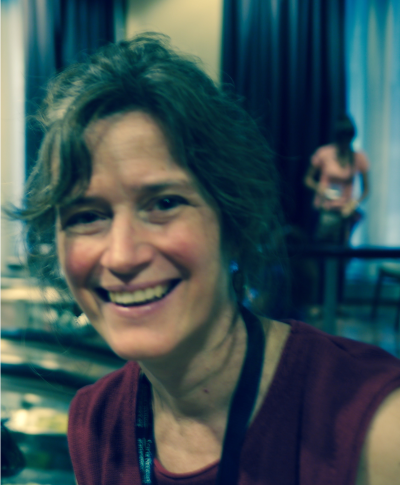
The last few months have presented a variety of challenges to the department and to each of us as individuals—among other things, because of the ongoing COVID-19 pandemic and the social turmoil related to racial violence and calls for racial justice.
In SU20, as a result of the pandemic, SPPO offered all of our courses via remote technologies. In AU20, in alignment with the university’s decision to offer courses in diverse modalities to provide students with alternatives that would meet their diverse personal and pedagogical needs, SPPO is offering our courses in fully on-line and hybrid (some in-person instruction; some remote instruction) modalities, along with a small number of fully in-person classes. To meet these new challenges, our instructors have continued to work tirelessly to redesign their courses and learn new methodologies for teaching. At the same time, our graduate students and tenure-stream faculty began the difficult process of adjusting their research agendas in the face of shuttered libraries and the impossibility of traveling abroad to collect materials and data.
Over the summer, the department also has begun to grapple with its role in addressing the call for racial justice. As part of our mission to “teach, create and exchange knowledge about the languages, linguistics, literatures and cultures of Latin America, Portugal, Spain, the United States, and Portuguese- and Spanish-speaking Africa and Asia…”, we commit ourselves to several, more specific goals. Along with an unwavering dedication to excellence in research and academic programs, we also commit ourselves to diversity, equity, and inclusion as well as to the preparation of “a diverse student body to be leaders and engaged citizens on local, regional, national and global levels…” Given the current context within the US and in other parts of the world, the department has begun to reevaluate what we might do differently in the short-, medium- and long-term. During the summer, the department issued a statement on advocating for racial justice and see this as a small, first step in what will be an ongoing effort for sustainable change.
While we will provide more details in future editions, the current newsletter provides a glimpse of some folks in the department whose efforts address those goals at the level of research, teaching and/or service. You’ll read about the undergraduate thesis of recent alum Sydney Warinner (Class of 2020) on disability rights and Central American migrants in detention, and how the project brought together her interest in the law and Latin American cultural studies, enhanced her research and writing skills, and helped to prepare her for law school. Grad student Paloma (Palo) Pinillos Chávez tells us about her research on phonetics and phonology, second language acquisition, and language and healthcare. Based on an initial study, she argues that there should be greater emphasis on phonetics and phonology in second language education in order to better prepare doctors and other professionals to serve diverse communities.
The newsletter also includes three articles featuring the work of faculty members: Dr. Eugenia Romero and her research on the role of immigration in Galicia; Dr. Anna Babel, who created the BuckIDream Ally Training program to educate the OSU community about the experiences of undocumented students on campus and to better support those students; and, finally, the second part of our interview with Ms. Elvia Andía Grágeda, the department’s Quechua language coordinator, who discusses her award-winning, debut novel Pirqakunawan parlaspa - Hablando con las paredes.
Sincerely,
Laura Podalsky
Chair
